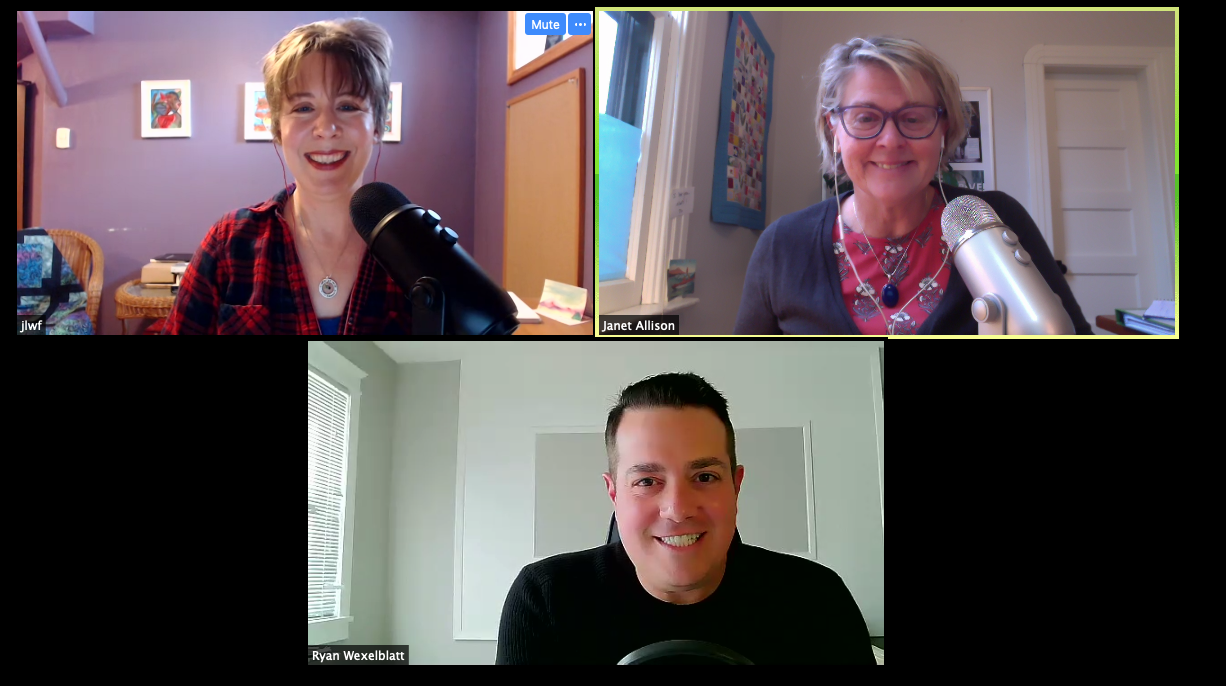Podcast: Play in new window | Download (Duration: 34:07 — 39.1MB)
Approximately 3-10% of children have ADHD (attention deficit/hyperactivity disorder). Many of them — the majority, in fact — are boys.
Today’s guest, Ryan Wexelblatt (aka ADHD Dude) describes ADHD as “an executive function developmental delay.” What that means: In all humans, the brain’s prefrontal cortex (or “frontal lobe”) acts as the operating system for the brain. It controls impulses, understand time and helps us weigh the potential consequences of our actions. In kids who have ADHD, the prefrontal cortex is about 30% behind the rest of the brain, developmentally. So, a 12 year old with ADHD may well act and behave more like a typical 9 year old.
The frontal lobe is the home of our “brain coach,” that internal voice that gives us feedback and suggestions throughout the day. When he explains ADHD to kids, Ryan tells them, “the volume on your brain coach is turned down a little.”
Unfortunately for many boys (and their families), a lot of people still misunderstand ADHD. Making matter worse is the fact that “school is not designed with the male brain in mind,” as Ryan says. On top of that, many people consider ADHD a mental health issue, not a learning disorder. That conceptualization makes things harder for our boys, who face social stigma and internal shame. Often, their parents are judged as well; too often, educators and others consider ADHD a “character flaw” or the result of poor parenting.
The answer, however, is not to ignore or deny any professional or educator who suggests your son might have ADHD. “We’re talking about how your son’s learning and social relationships may be impacted,” Ryan says. If a professional sees signs of ADHD in your child, it’s almost always a good idea to have your child evaluated holistically.
In this episode, Jen, Janet & Ryan discuss:
- The 3 subtypes (different presentations) of ADHD
- The link between ADHD and executive function
- Why kids with ADHD struggle with time management — & giving attention to tasks that don’t interest them
- How ADHD affects adults, children & families
- Differentiating “typical boy behavior” from ADHD
- How ADHD affects learning
- ADHD’s effect on emotional regulation
- Social learning challenges related to attention deficit/hyperactivity disorder
- How to help children w ADHD develop perspective-taking skills
- Should intellectually advanced but socially immature boys start school, or wait a year?
- Misdiagnosis of ADHD
- Explaining ADHD to kids
- ADHD diagnosis
- Other conditions that cause ADHD-like symptoms
- Connections between ADHD & depression, anxiety, autism spectrum disorder and more
- To medicate or not medicate?
- Making decisions about ADHD treatment
Sponsor Spotlight: Stryke Club
Skin care specifically made for boys! Created by a group of “boy moms,” including a pediatric dermatologist, Stryke Club products are simple, safe and non-drying. Use discount code ONBOYS to save 10%.
Links we mentioned (or should have) in this episode:
ADHD Dude — the online home of Ryan’s ADHD work. Includes a link to his ADHD Dude Facebook group
Dude Talk playlist — Ryan’s series of YouTube videos aimed directly at boys
Teaching Boys Social Skills — Ryan’s previous ON BOYS episode
Parent-Child Interaction Therapy (PCIT) — program recommended by Ryan at 26:42
Parent Management Training (PMT) — program recommended by Ryan at 26:52
ADDitude magazine — be sure to check out Ryan’s weekly columns
ADHD Resources Recommended by Ryan:
LIKE THIS EPISODE? Share it with your friends (and thanks!):
Twitter: Use this link
Facebook: Use this link
Linkedin: Use this link
STAY CONNECTED WITH JANET & JEN:
Join the Building Boys FB group and the Boys Alive! FB group
Be sure to opt-in at Boys Alive! .com for your free report “3 Simple Tips to CONNECT with Your Boy.” And opt-in at BuildingBoys.net, too!
Follow us on Instagram: @on.boys.podcast and @boys.alive
Twitter: @ParentAdvisor and @BuildingBoys
LinkedIn: use this link for Janet and use this link for Jennifer

